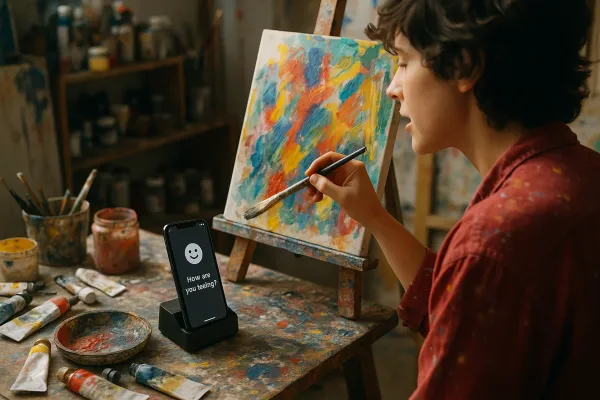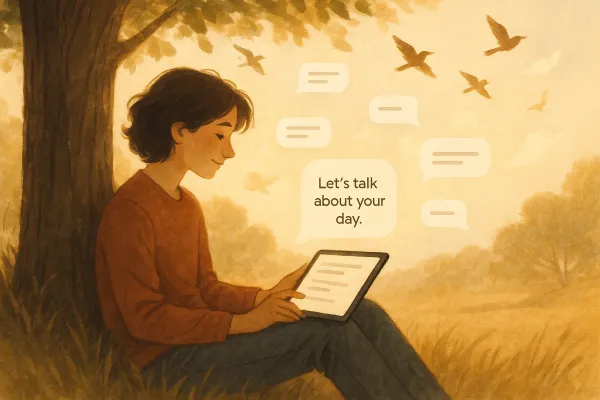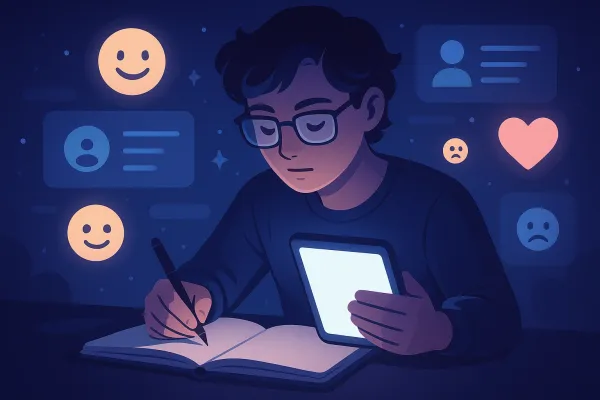Human-AI Collaboration: Balancing Technology and Empathy in Mental Health Care
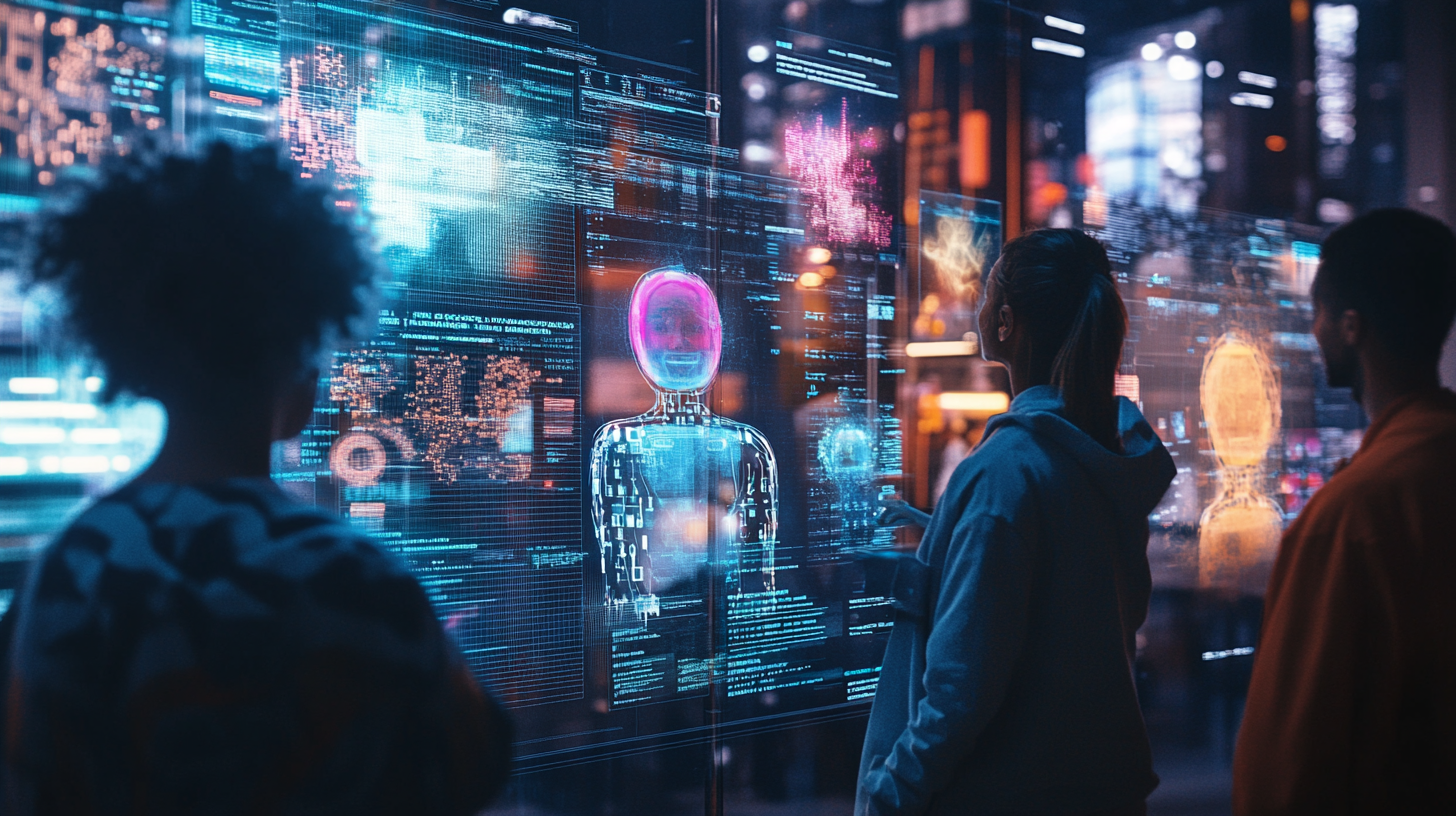
Human-AI Collaboration: Balancing Technology and Empathy in Mental Health Care
The integration of artificial intelligence into mental health care is reshaping how support is delivered, offering new hope for those who face barriers to traditional services. AI-powered chatbots and predictive tools are making mental health resources more accessible than ever, especially for underserved populations and in regions with a shortage of clinicians. These technologies can provide immediate, around-the-clock support, personalized interventions, and early detection of mental health risks, all while reducing stigma and making it easier for individuals to seek help.

Yet, as promising as AI is, its true potential is realized only when paired with human expertise. Studies and recent frameworks emphasize that while large language models and chatbots can generate structured, empathetic responses, they still fall short of replicating the emotional depth, adaptability, and nuanced judgment of human therapists. Human clinicians play an essential role in validating AI outputs, guiding therapeutic best practices, and providing the empathy and Mindfulness and ethical oversight that technology alone cannot match. For example, AI tools can flag at-risk individuals or suggest interventions, but human professionals are needed to interpret these insights, address crises, and ensure care is tailored to each person’s unique context.
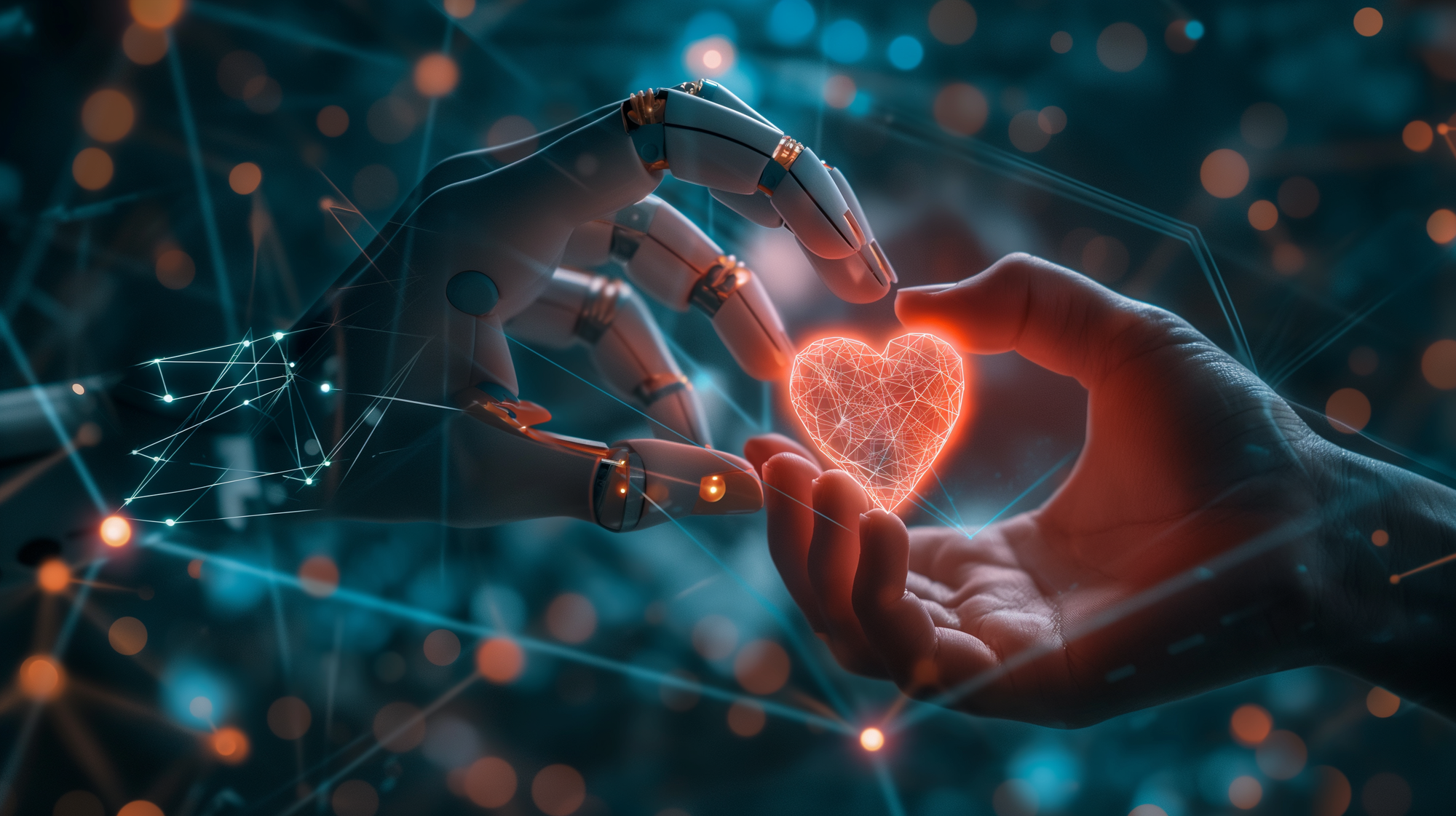
The most effective mental health solutions are emerging from collaborative models, where AI augments human care rather than replacing it. In these systems, AI handles tasks like initial screening, symptom tracking, and suggesting evidence-based coping strategies, while human therapists oversee treatment plans, offer deep emotional support, and intervene in complex or high-risk situations. This partnership not only increases the reach and efficiency of mental health services but also helps mitigate risks such as bias, shallow engagement, or privacy concerns.
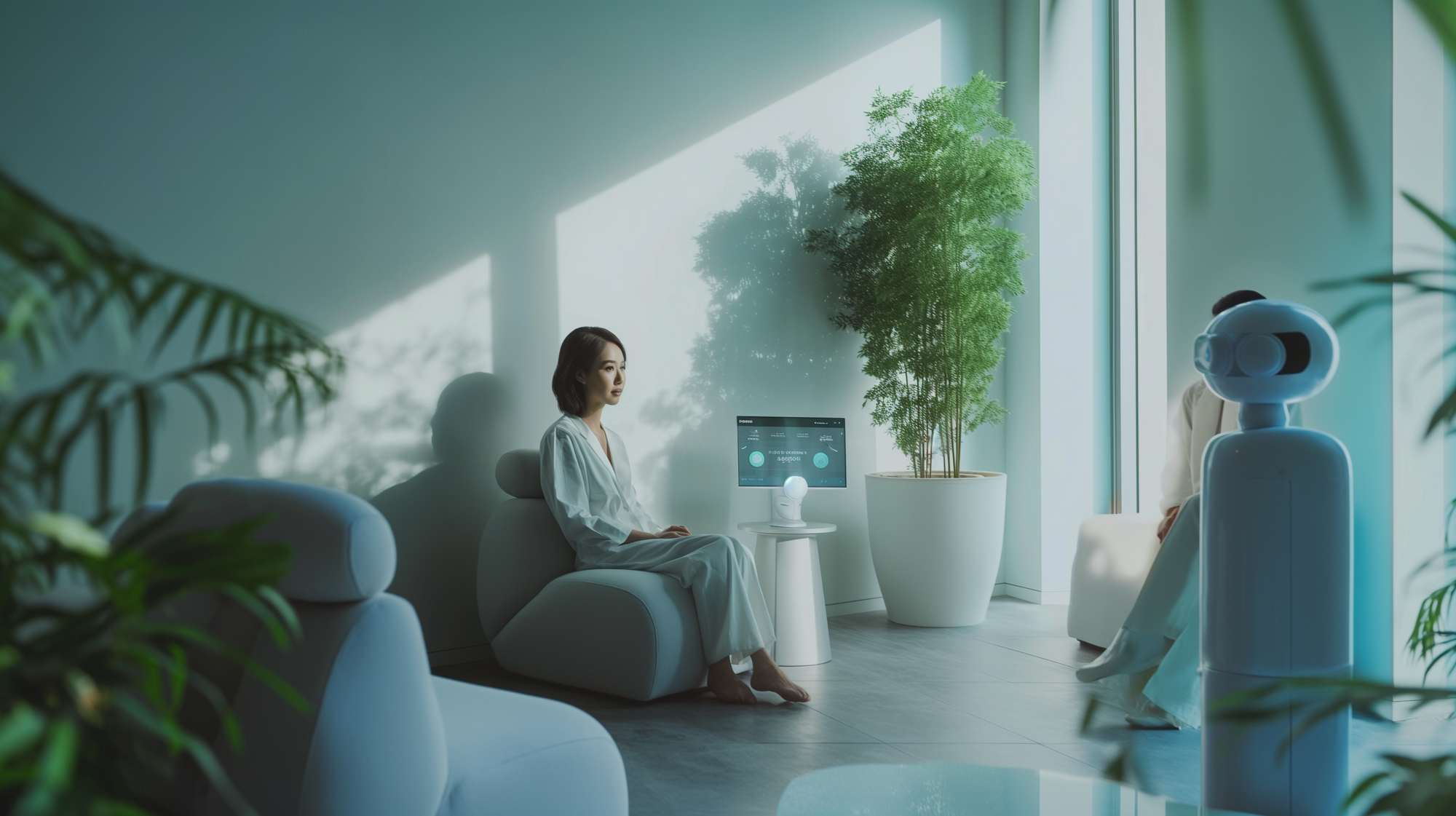
Looking ahead, the future of mental health care will depend on striking the right balance between technological innovation and human empathy. Continued collaboration between clinicians, data scientists, and users is essential to develop AI systems that are trustworthy, secure, and culturally sensitive. With robust privacy safeguards, clinical validation, and ethical frameworks, human-AI collaboration can bridge the mental health gap-delivering scalable, personalized, and compassionate care to those who need it most.
